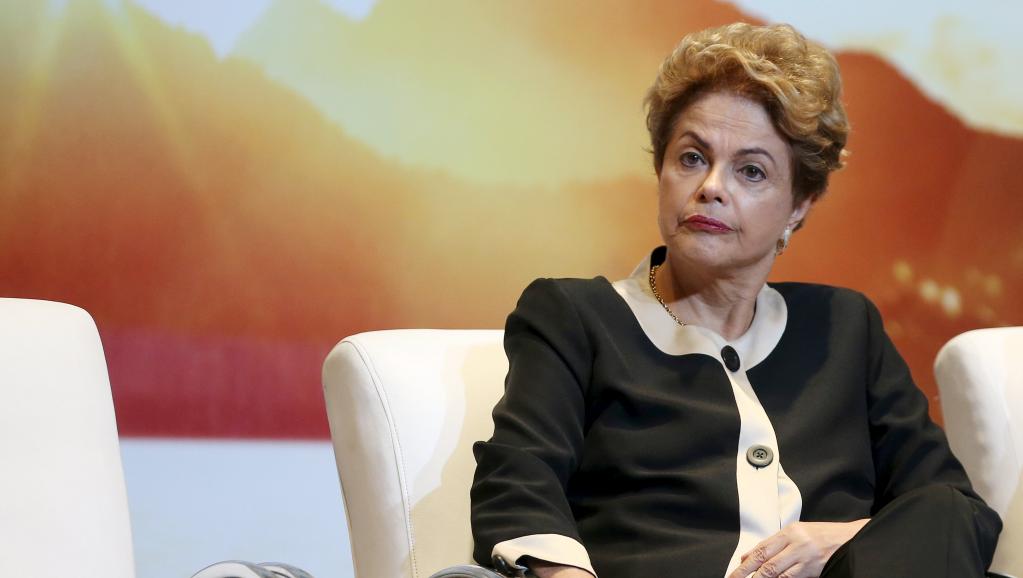
Brazilian inflation has reached its highest level in 12 years, adding to the government’s challenges as it struggles to steer the country through an economic and political crisis.
Inflation in the year to November was 10.28 per cent according to the IBGE, Brazil’s statistics office. Yet, despite rapidly rising prices, the economy is set to contract 3 per cent this year, according to a weekly central bank survey of market economists.
“This is more than stagflation,” said Alberto Ramos, head of Latin American research at Goldman Sachs. “This is a nasty recession accompanied by accelerating inflation.”
The government’s problem is fiscal. It promised a primary budget surplus this year (before interest payments) equal to 1.2 per cent of gross domestic product. Instead, it is on track to deliver a primary deficit of 2 per cent. Its total deficit, including interest, is likely to be 9-10 per cent of GDP, Mr Ramos said.
With government spending out of control — and with 90 per cent of public spending mandated by the constitution — Brazil’s public accounts have sunk deep into the red. Government debt, internal and external, is equal to 66 per cent of GDP and rising.
Although that is less than in other troubled countries such as Greece, the cost of servicing Brazil’s debt, at about 20 per cent a year, is astronomical.
“Public debt to GDP is rising by 9 or 10 percentage points of GDP a year,” said Maarten-Jan Bakkum, senior emerging markets strategist at NN Investment Partners.
“That’s explosive. The cost is getting higher quickly. At some point the market will stop believing that public debt is sustainable.”
There have already been jitters. In September, the Treasury cancelled three bond auctions after investors backed away.
“Markets are certainly apprehensive,” said Mr Ramos. “It is imperative that the government changes its fiscal position.”
Failure to do so could prompt investors to take their money out of the country. Evidence of this has begun to emerge. Foreign investors attracted to Brazil by its very high interest rates — the central bank’s overnight rate is 14.25 per cent — have started hedging their foreign exchange exposure but this means they give away a large part of their earnings. It also adds to pressure on the currency.
“The risk is that we will reach the point where foreigners want out,” said Mr Ramos. “And not only foreigners but locals — all the investments assets managed in Brazil. They are not prisoners.”
The statistics office also reported on Thursday that unemployment had risen to 7.9 per cent in October, cementing the government’s rock-bottom popularity.
Brazil’s crisis has been worsened by political paralysis, a result of a far-reaching corruption scandal, and a failure by the government of President Dilma Rousseff to manage a fragmented Congress.
The government scored one victory this week, blocking measures that would have cost it R$63bn ($17bn) by 2019. But it did so by the narrowest of margins, preventing the opposition from gathering the two-thirds of votes in Congress needed to overturn a presidential veto.
Even if it does start to bring costs under control this year, the government faces daunting challenges next year.
Large parts of the economy are index-linked to past inflation. The national minimum wage, for example, will rise 10 per cent or more next year, regardless of employers’ ability to pay.